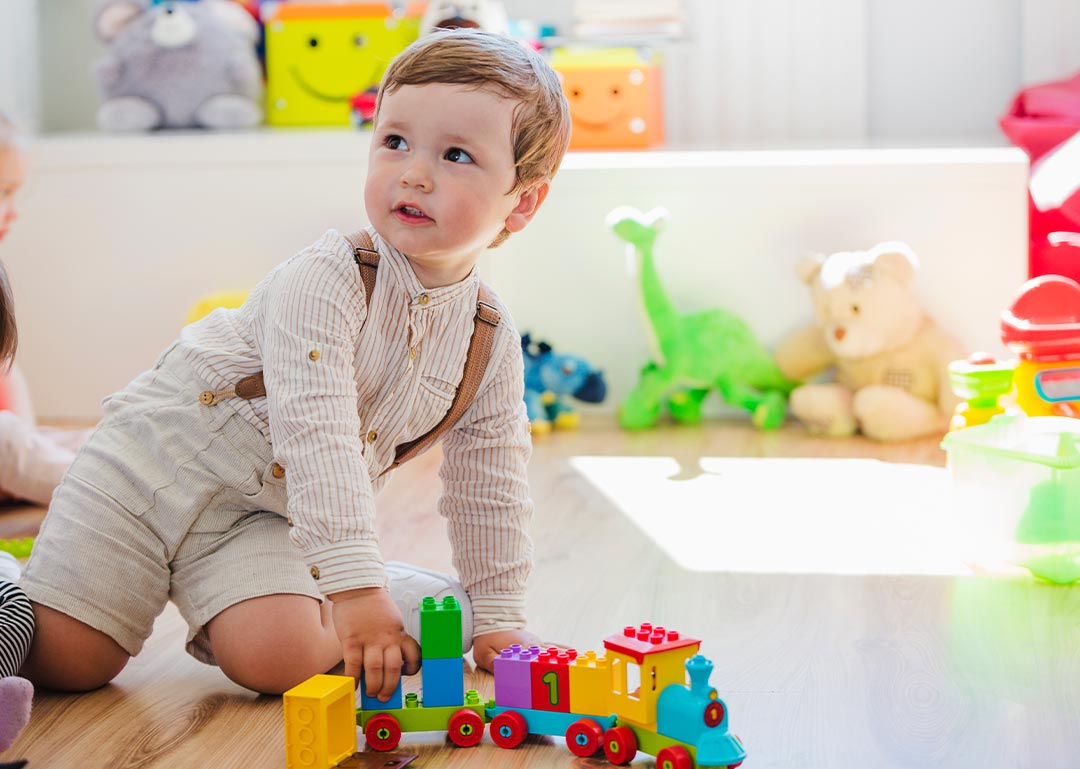
The Importance of Child-Led Play
October 21, 2024
Early Intervention in ABA Therapy: Why Starting Young Makes a Difference
February 19, 2025
The Importance of Child-Led Play
October 21, 2024
Early Intervention in ABA Therapy: Why Starting Young Makes a Difference
February 19, 2025
Registered Behavior Technicians (RBTs) play a crucial role in the success of ABA therapy. They work directly with children to implement behavior plans and help achieve therapy goals. Here are some essential tips for RBTs to make sessions effective, engaging, and productive.
1. Use Positive Reinforcement
Positive reinforcement is one of the most powerful tools in ABA therapy. It means giving a reward or praise when a child does something good. This helps them understand what behaviors are right and encourages them to keep doing them. For example, you can say, “Great job asking nicely!” right after the behavior happens. This quick feedback makes it clear what the child did well.
2. Apply Errorless Learning
Errorless learning helps children learn new skills without making mistakes. When you use this technique, you give prompts or guidance to show the child how to do something correctly. As the child gets better, you slowly reduce the help you give, allowing them to become more independent. This keeps children from feeling frustrated and helps them learn with confidence.
3. Follow the Child’s Lead in Play
Letting the child guide the session, especially during play, can make therapy more fun and effective. Child-led play builds trust and helps the child feel more comfortable. By letting them choose activities, you create natural moments to teach new skills. For example, if a child is playing with blocks, you can introduce colors or counting in a way that feels fun for them.
4. Be Efficient with Data Collection
Data collection is an important part of ABA therapy. It helps track the child’s progress and shows what is working. Make sure to collect data right after each trial or session. This ensures that you capture accurate information without interrupting the flow of the session. Quick, clear data is essential for making sure the therapy plan is effective.
5. Build a Strong Connection with Fun Activities
Starting the session with something the child enjoys can help build a strong connection. Activities like games or playful interaction make the child feel at ease. This helps set a positive tone for the rest of the session and makes the child more likely to cooperate. Building rapport early helps create a productive and happy environment for learning.
By using these strategies—positive reinforcement, errorless learning, child-led play, efficient data collection, and rapport-building—RBTs can make each ABA therapy session more effective. These simple tips will help both the therapist and the child feel successful during therapy.
Ready to make a bigger impact with ABA therapy? Contact us today to schedule a consultation and learn how we can help your child succeed.
